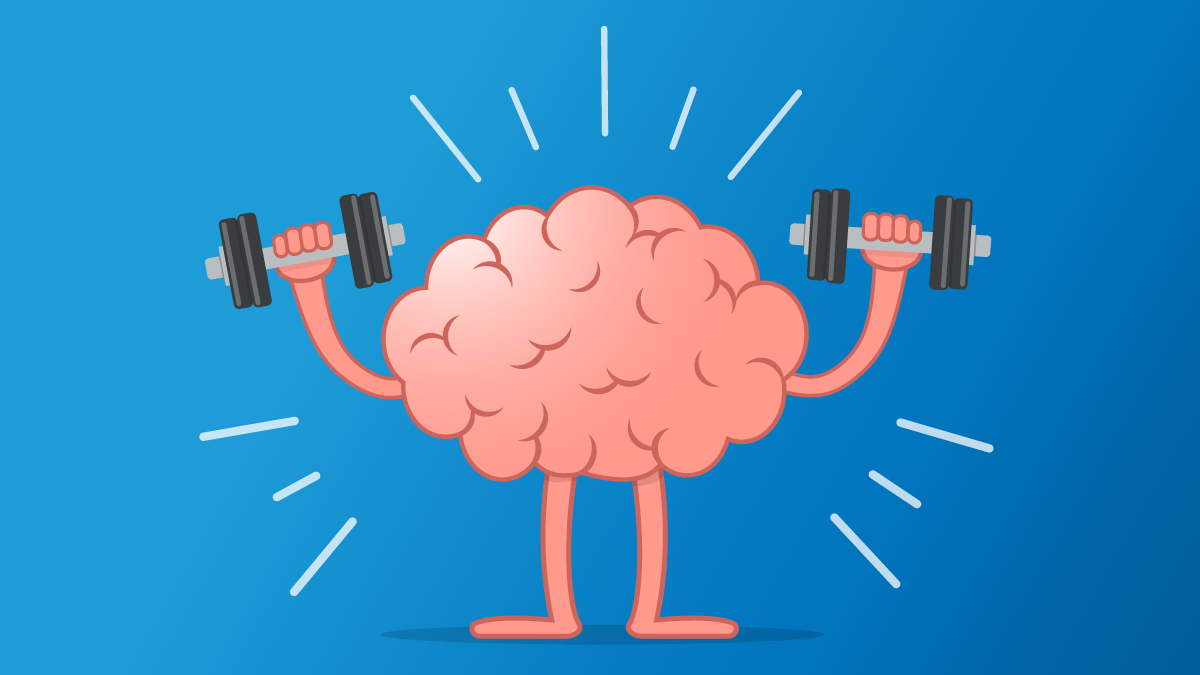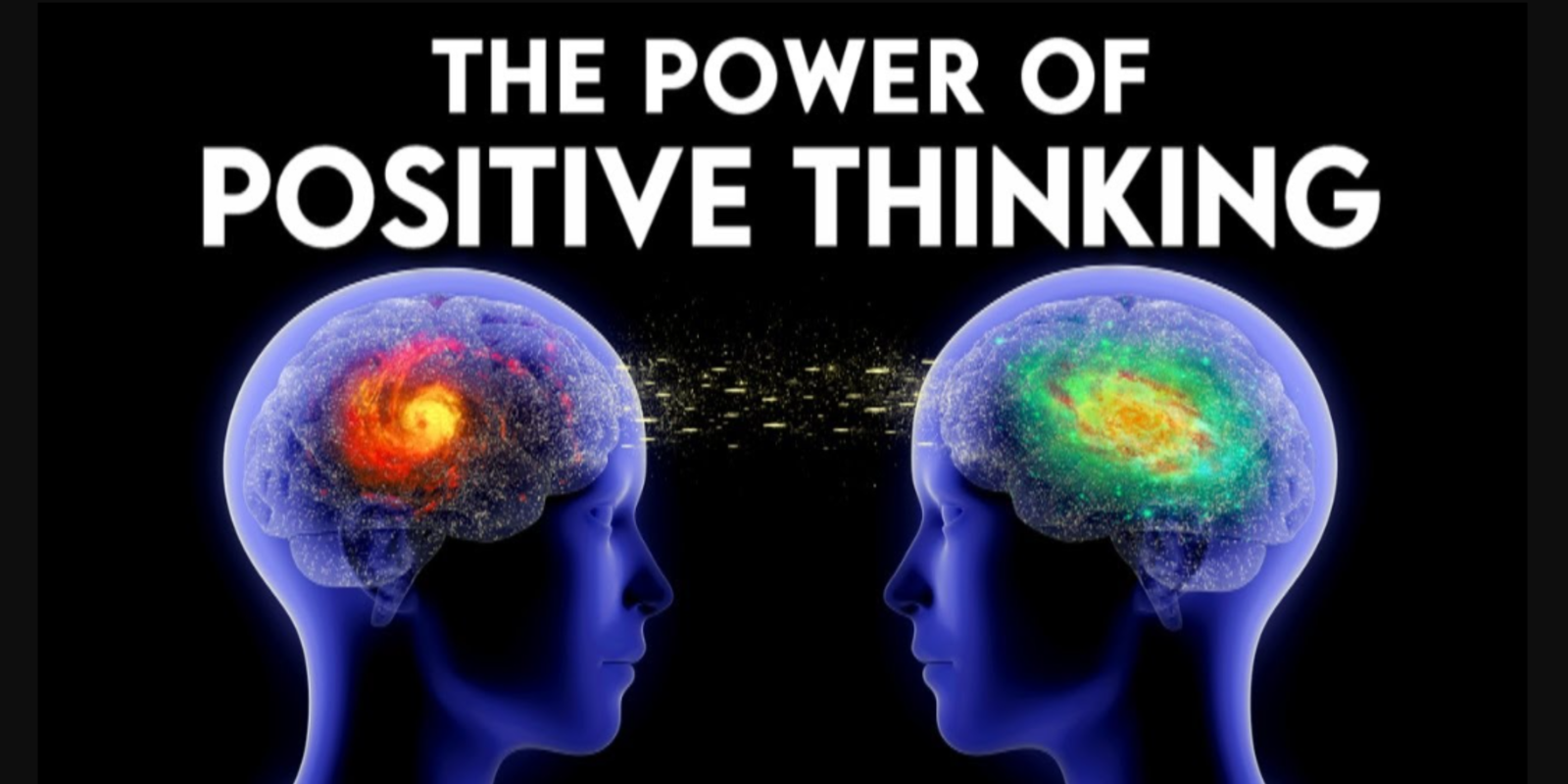Mental & Physical Well-being: The Key to a Balanced Life

Life is a journey filled with experiences, challenges, and moments of joy. In the pursuit of success, many often overlook the essential elements that sustain us: mental and physical well-being. A balanced life is one where both mind and body are nurtured, allowing us to thrive rather than merely survive. The interplay between mental and physical health is undeniable, and achieving harmony between the two is fundamental to leading a fulfilling life.
Understanding Mental Well-being
Mental well-being is often overshadowed by physical health, yet it is just as crucial. It refers to an individual’s emotional, psychological, and social health. Good mental well-being enables people to handle stress, build relationships, and make meaningful decisions. It encompasses various aspects such as self-esteem, resilience, emotional regulation, and cognitive function.
Key Aspects of Mental Well-being
-
Emotional Resilience The ability to bounce back from setbacks is a vital component of mental well-being. Life is unpredictable, and challenges are inevitable. Developing emotional resilience helps individuals manage stress, adapt to change, and maintain a positive outlook despite adversity.
-
Self-Awareness and Mindfulness Being aware of one’s thoughts and emotions helps in self-regulation. Mindfulness, the practice of staying present in the moment, reduces anxiety and enhances overall emotional stability.
-
Healthy Relationships Strong social connections contribute significantly to mental well-being. Positive interactions with family, friends, and colleagues foster a sense of belonging, which reduces loneliness and depression.
-
Cognitive Health Mental agility, problem-solving skills, and the ability to learn new things keep the brain active and engaged. Engaging in activities such as reading, puzzles, or learning a new skill enhances cognitive function and prevents mental decline.
-
Managing Stress and Anxiety Chronic stress and anxiety have profound effects on mental health. Techniques such as meditation, deep breathing, and relaxation exercises help manage stress levels and prevent burnout.
Practices for Enhancing Mental Well-being
-
Regular Meditation and Relaxation Techniques: Meditation, yoga, and deep-breathing exercises promote mental clarity and emotional stability.
-
Positive Affirmations and Gratitude: Practicing gratitude and focusing on positive aspects of life enhance mood and overall mental health.
-
Adequate Sleep: Quality sleep is essential for cognitive function and emotional regulation. Poor sleep patterns contribute to irritability, stress, and decreased productivity.
-
Therapeutic Support: Seeking professional help when needed is crucial. Therapy and counseling provide valuable insights and coping mechanisms.
Understanding Physical Well-being
Physical well-being involves maintaining a healthy body through proper nutrition, exercise, and lifestyle choices. A strong body supports an active and fulfilling life, preventing diseases and increasing longevity.
Key Aspects of Physical Well-being
-
Balanced Nutrition A well-balanced diet consisting of proteins, carbohydrates, healthy fats, vitamins, and minerals is essential for overall health. Nutrient-dense foods boost immunity, energy levels, and bodily functions.
-
Regular Exercise Physical activity is critical for maintaining cardiovascular health, muscle strength, and flexibility. Regular exercise improves endurance, reduces stress, and enhances mood by releasing endorphins.
-
Proper Hydration Water is essential for every bodily function, including digestion, circulation, and temperature regulation. Dehydration leads to fatigue, headaches, and decreased cognitive function.
-
Adequate Rest and Sleep Sleep is crucial for physical recovery and cellular repair. Lack of rest leads to weakened immunity, increased stress, and higher risks of chronic illnesses.
-
Preventive Health Care Regular medical check-ups, vaccinations, and screenings help in early detection and prevention of diseases. Maintaining a proactive approach to health minimizes the risk of serious conditions.
Practices for Enhancing Physical Well-being
-
Consistent Exercise Routine: Engaging in activities like walking, jogging, swimming, or yoga improves overall health and vitality.
-
Healthy Eating Habits: Avoiding processed foods, excessive sugar, and unhealthy fats while incorporating fruits, vegetables, and whole grains enhances physical health.
-
Avoiding Harmful Substances: Reducing or eliminating tobacco, alcohol, and drug use prevents numerous health issues and promotes longevity.
-
Maintaining Hygiene and Self-Care: Proper hygiene practices, including regular handwashing, dental care, and skincare, contribute to overall health.
The Mind-Body Connection
The link between mental and physical well-being is profound. A healthy mind leads to a healthy body, and vice versa. When one is compromised, the other is affected as well.
Impact of Mental Health on Physical Well-being
-
Stress and Chronic Illness Prolonged stress weakens the immune system, leading to an increased risk of infections, heart disease, and digestive issues.
-
Mental Health and Sleep Anxiety and depression often result in sleep disturbances, leading to fatigue, impaired concentration, and weakened immunity.
-
Depression and Physical Health People with depression are more likely to experience chronic pain, cardiovascular diseases, and metabolic disorders.
Impact of Physical Health on Mental Well-being
-
Exercise and Mood Enhancement Physical activity releases endorphins, the body’s natural mood enhancers, reducing anxiety and depression.
-
Nutrition and Brain Function A balanced diet supports cognitive function, improving concentration, memory, and emotional stability.
-
Sleep and Emotional Regulation Proper sleep enhances emotional resilience, reducing irritability, mood swings, and stress levels.
Achieving a Holistic Balance
Attaining optimal mental and physical well-being requires conscious effort and a commitment to self-care. Implementing simple yet effective lifestyle changes creates a positive ripple effect on overall health.
Steps to a Balanced Life
-
Develop a Routine: Establishing a structured daily schedule for exercise, work, rest, and relaxation enhances productivity and reduces stress.
-
Set Realistic Goals: Small, achievable goals help maintain motivation and prevent burnout.
-
Prioritize Self-Care: Taking time for oneself, whether through hobbies, relaxation, or social interactions, is essential for well-being.
-
Seek Support When Needed: Relying on social connections or professional help provides necessary encouragement and guidance.
-
Practice Gratitude and Positivity: Cultivating a positive mindset improves emotional health and resilience.
Conclusion
Mental and physical well-being are the cornerstones of a balanced, fulfilling life. When the mind and body are in harmony, individuals experience greater energy, productivity, and happiness. By adopting healthy habits, managing stress, and prioritizing self-care, one can lead a life of vitality and purpose. Remember, well-being is not a destination but an ongoing journey that requires dedication and mindfulness. Investing in both mental and physical health today ensures a healthier, happier tomorrow.







